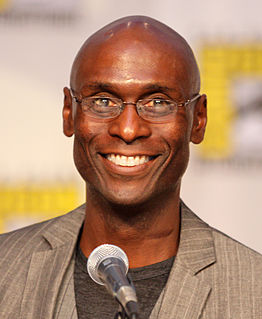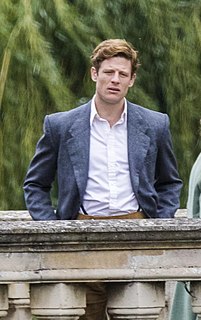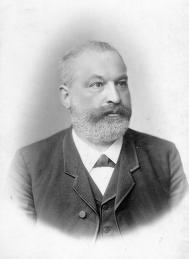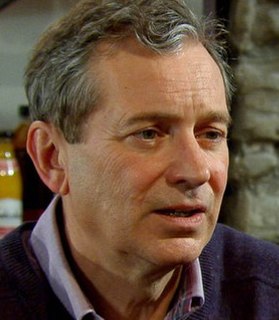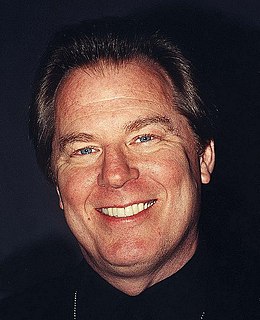A Quote by Lance Reddick
When I was working on The Wire with the other actors, scene after scene after scene, I felt like we were singing together. We were dancing together. I'm like, "This is the best ensemble I've ever worked with. I'm working with these cats? Holy mackerel, this is heaven."
Related Quotes
I really like the Chris-R scene and of course the "you are tearing me apart Lisa" scene. The reason I love the Chris-R scene is because we worked really hard to finish it. It's not just that though, it brings people together. Everyone is one the roof together by the end of the scene. You see the perspectives of the different characters. I feel like with all the connections in this scene that the room connects the entire world
I was working with Bryan Cranston in 'All the Way.' We were about to make an entrance together - I was Hoover, he was LBJ - and he says to me, 'You should play the brother in 'Better Call Saul.' I was like 'What?' and it was time to go on. I'm doing the scene, and I can't think of what Hoover's supposed to say.
